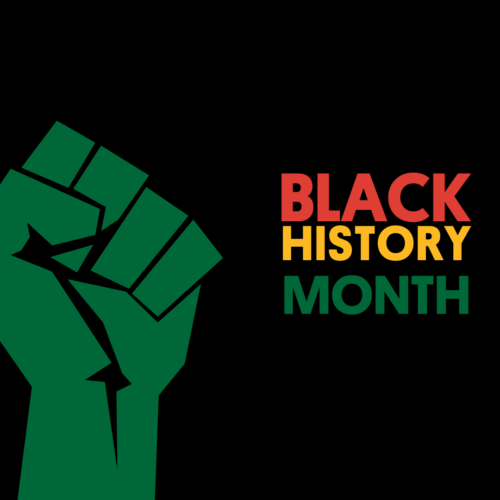
By Kenzie Love
Co-operativism has a rich history within the Black diaspora, one that had long been overlooked but is gaining new attention through books such as Dr. Jessica Gordon Nembhard’s Collective Courage. Reviewing the history of co-ops in Black communities offers important lessons for the wider co-op movement.
As Gordon Nembhard notes, there have been waves of Black co-operativism within American history, but these have all been rooted in the recognition that “you can’t fight for civil and political rights if you don’t have economic rights.” Gordon Nembhard observes that Black activist Fannie Lou Hamer “talked about how if we don’t own our own land and create our own food, we will never be able to fight for our political rights because they use food as a weapon, and poverty keeps us from having the strength and stability to be in the political fight”.
This is why Black-led food co-ops have experienced significant growth in the US in recent years, and why Black community land trusts are on the rise in Canada, and there is also a growing movement to create ROSCAs as a means of Black empowerment. Despite these encouraging developments, Black people’s participation in the wider co-operative sphere can be constrained by their economic circumstances. As Gordon Nembhard observes: “The fact that so many people of colour in the US are allocated to the worst jobs impacts how much they can save, how they can use the credit union, or what they can do in the co-op. Sometimes the volunteer labour requirement in a co-op is a lot for somebody who’s got two or three jobs or other struggles.”
Thus it’s important to remember that a simple invitation to participate in the co-operative movement is insufficient if it doesn’t work to right these limiting factors. To use Gordon Nembhard’s analogy, diversity is being invited to the party, inclusion is being asked to dance.
Black co-operators, however, aren’t waiting to be asked to dance. Or, in the words of Andrew Zitcer, “communities of colour are not waiting for a national sea change; they are building the cooperative economy themselves in real time”.
As Zitcer further observes, Black communities have long embraced the co-operative movement as a tool of self-determination, as a result of being shut out of White-led co-operatives. It was sometimes a tool of survival, as in the networks of support that formed the Underground Railroad, but it also created opportunities to thrive and not merely survive. And as Gordon Nembhard notes, “if we can use this to help us just survive, imagine if we used this strategy even more, how much we could prosper from it.”
While Gordon Nembhard is speaking here to the historical philosophy of the Black co-operative movement, it’s a point that should also resonate with the co-operative movement as a whole. As Gordon Nembhard points out, co-operative economics shouldn’t be considered “alternative economics” and needn’t be limited to a crisis model. It should be regarded instead as humanity’s original economic model, one that the Black diaspora has retained even if White capitalism has lost sight of this. By rediscovering the value of co-operation, something Black History Month offers a timely reminder of, there is hope for a brighter future.